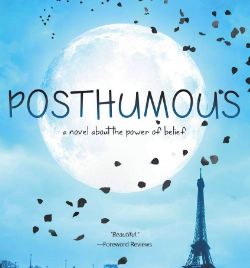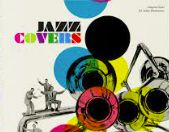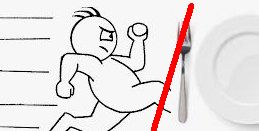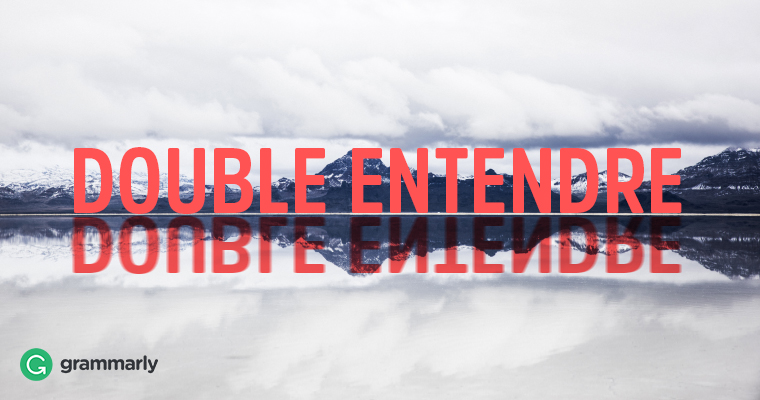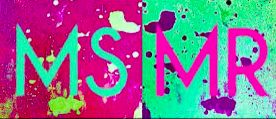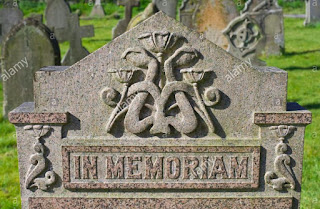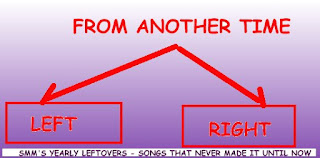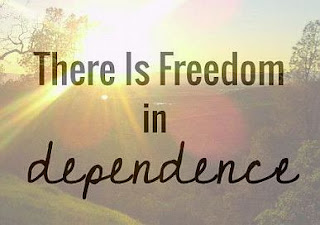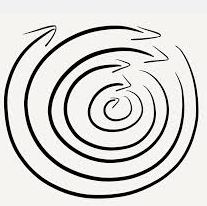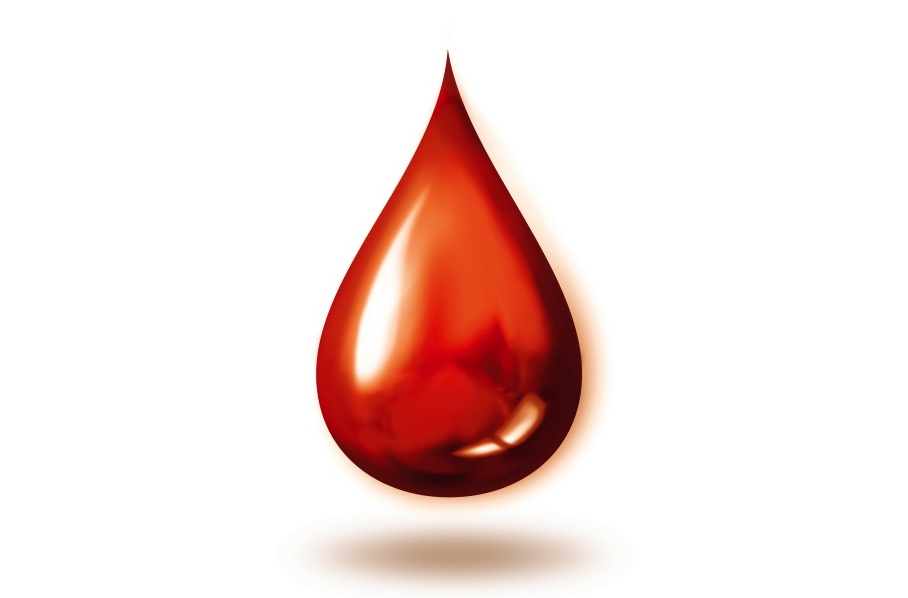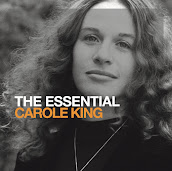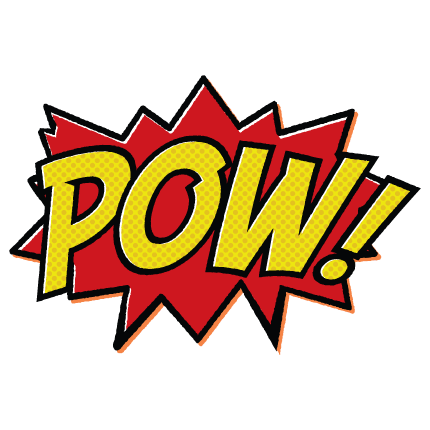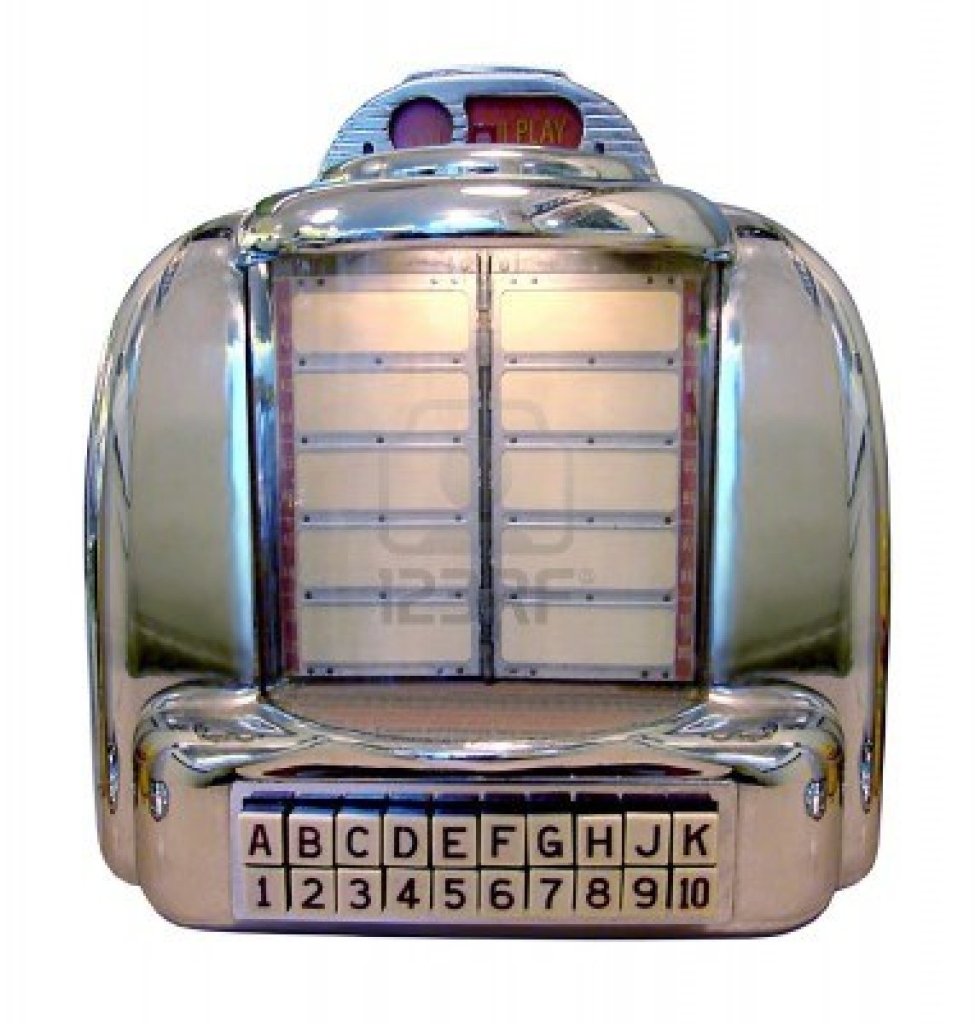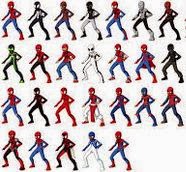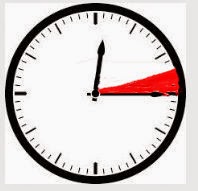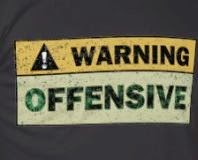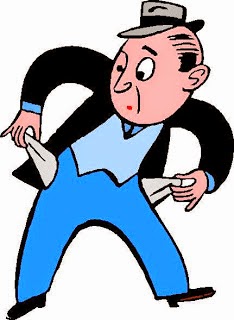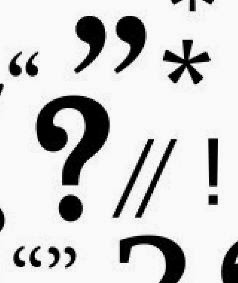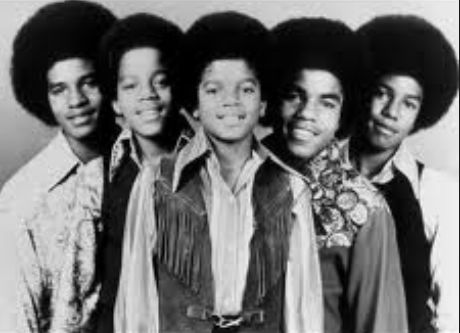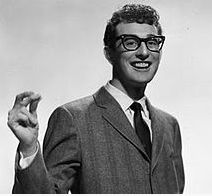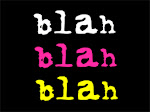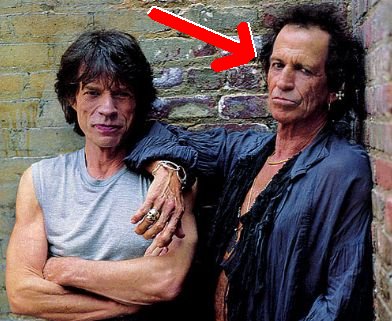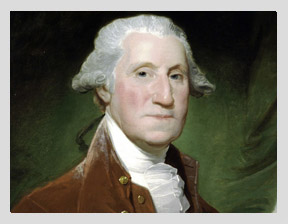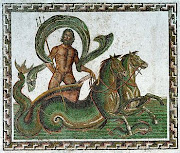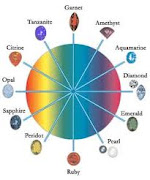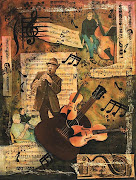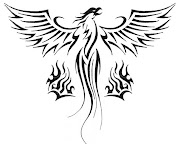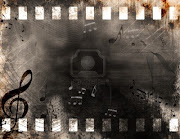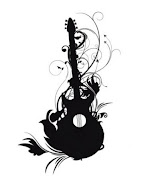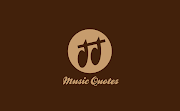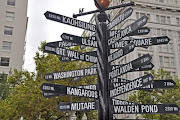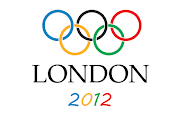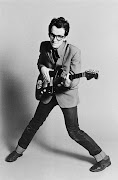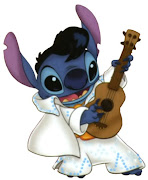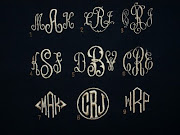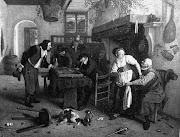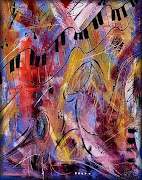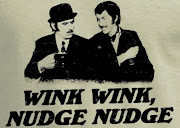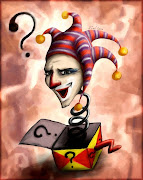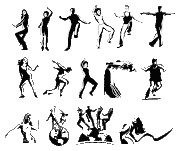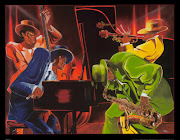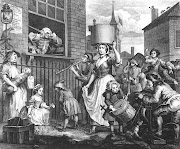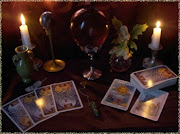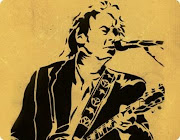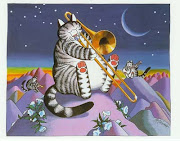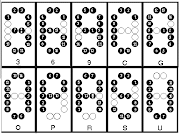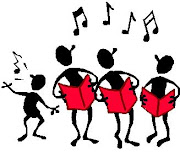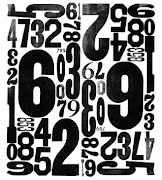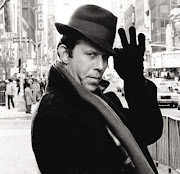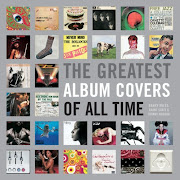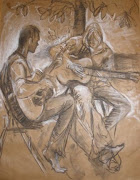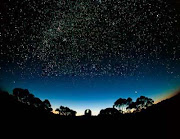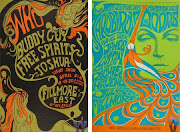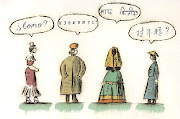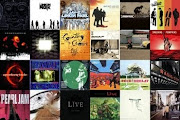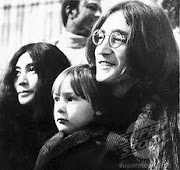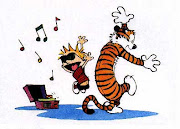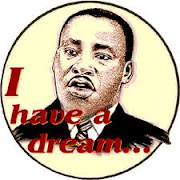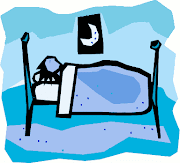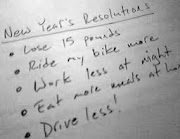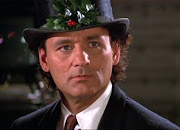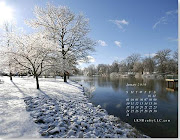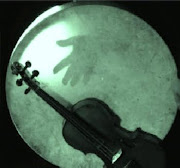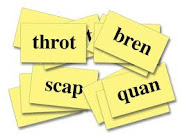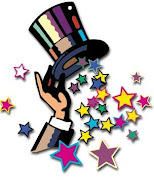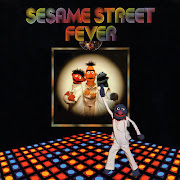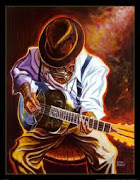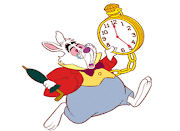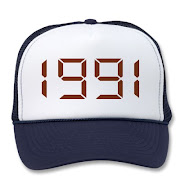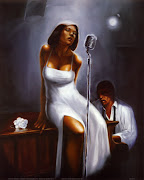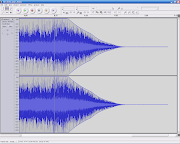Redbird: You Are the Everything
[purchase]
I have been a fan of Kris Delmhorst since my friend Stephen/Mosh turned me on to her music in the fall of '98, and I had a chance to see her live at the February '99 Folk Alliance in Albuquerque, in a small hotel room with the mattresses pushed up again the walls, with about six other people - the following year she was one of the Top Twenty songwriter competition finalists for our South Florida Folk Festival and, but for a poorly-timed snowstorm which delayed her flight out of Boston, I would have presented her in a house concert a few days before her festival performance...
Kris has always been a favorite, and it was a delight to see her last week, a decade later, at Club Passim a few days before I headed to the Falcon Ridge Folk Festival - she was solo, but I was reminded of her collaboration with Peter Mulvey and husband Jeffrey Foucault as the trio Redbird. She spoke that night of culling through many past concert recordings to choose tracks for their upcoming live CD... and even recreated Rubber Ducky for our benefit - it seemed fitting, because now she and Jeffrey have a two-year-old daughter!
This love song is an R.E.M. cover, and they've done a gorgeous job with stunning harmonies and stripped-down instrumentation - I look at her and I see the beauty of the light of music (thanks, Kris!)...
photo credit: Stephen Moshkovitz, 7/20/10
Saturday, July 31, 2010
You First:: You Are the Everything
Posted by Susan at 11:55 PM View Comments
You First: You Love the Thunder
Jackson Browne: You Love the Thunder
[purchase]
You Love the Thunder comes from one of my favorite albums, Running on Empty. This is not a live album, but a tour album. So the songs are split between examples of Jackson Browne’s live sound at the time, as heard here, and songs about the life of a musician on the road. You Love the Thunder is a live track, and it hints at the “life on the road” theme, as it tells of a troubled relationship. Thunder is the oldest metaphor there is for a turbulent relationship, but I’ve never heard it stated better.
Posted by Darius at 10:30 PM View Comments
Labels: jackson browne, you first
Friday, July 30, 2010
You First: You Gotta Move
Cassandra Wilson: You Gotta Move
[purchase]
You Gotta Move is an old song, originally by Mississippi Fred McDowell. There are any number of cover versions, done as gospel, blues, and rock n roll. The Rolling Stones and Aerosmith have both done versions. And yet, at its heart, this is one of the simplest songs you will ever hear. There is barely anything to the lyrics, and the song moves along on a slow blues groove that is almost unchanging. So what is the appeal?
Actually, the simplicity is the source of the song’s power. You Gotta Move is a chant, a plea for mercy at the moment of judgment. Cassandra Wilson understands this, and strips the song down to its essentials. There is the groove, played first on solo guitar. When the percussion joins in, it’s not even a full drum set, but just a plastic tub, playing not much more than a heartbeat. There are handclaps, echoing the heartbeat, and that’s it for instrumentation. The background vocals make this a shared experience, but also emphasize that the song is a chant. Nothing else is needed. The power of the song comes through loud and clear.
Posted by Darius at 12:34 AM View Comments
Labels: Cassandra Wilson, you first
Thursday, July 29, 2010
You First: You Will Always Be The Same

Ryan Adams: You Will Always Be The Same
[purchase]
The last time I posted a Ryan Adams song here at Star Maker Machine, I said just about all I have to say about his softer, more acoustic side:
Though it's somewhat blasphemous to say so, I'm a much bigger fan of Ryan Adams the sensitive folkpop artist than Ryan Adams the alt-country rocker. It's not that I don't understand the appeal, really -- the man can write a hook in any form, and his heavier side makes for some danm good listening. I just think there's few other artists recording today who can hit the emotional nail on the head with such heartfelt quietude. And the tangled web of confused loss and longing which frames Cry On Demand makes it one of the best pensive, brooding acoustic ballads in his catalog.
Adams himself has said that the quieter songs on Demolition, a 2002 album cobbled together heartbreakingly from an unreleased three-album run in 2001, "belonged to better records". Which leaves little to say about this song. Except to note that it's utterly heartbreaking, and proves my thesis perfectly.
Posted by boyhowdy at 9:54 PM View Comments
You First: You Can Leave Your Hat On
art by Michele Hyacynth
Randy Newman: You Can Leave Your Hat On
[purchase]
Joe Cocker: You Can Leave Your Hat On
[purchase]
Tom Jones: You Can Leave Your Hat On
[purchase]
Marc Broussard: You Can Leave Your Hat On
[purchase]
Let's call this post "Four Decades of Soft-Core Sexual Suggestion."
Got your attention now?
I'm going to declare Randy Newman the King of Intellectual Musical Wit (the heir-apparent, though, might be Steely Dan). Here's a test for our clearly above-average Star Maker Machine reader: did you get all OMG offended! at his epic song 'Short People' and lobby your state legislature to make playing it on the radio a crime (as Maryland attempted), or did you see it as the anti-prejudicial statement it really was? In other words, do you get Randy Newman?
'You Can Leave Your Hat On' is another in Newman's wink-wink-nudge-nudge repertoire. The title phrase seems to be the only item of clothing the narrator doesn't want removed. Newman released his version in 1972 (on 'Sail Away'); it was picked up in a big way by English blues rocker Joe Cocker in 1986 and featured in a strip scene in the film '9½ Weeks'. Tom Jones, the Welsh crooner, did the same favor in 1997 for the film 'The Full Monty'. (And he sang it live in 2002 at 'Party at the Palace', a pop concert at Buckingham Palace honoring Queen Elizabeth's 50 years on the throne. Somehow imaging Queen Liz shaking her booty to this tune keeps crawling into my brain. Bad! Bad!) Finally, blues-rock artist Marc Broussard paid homage to it on the 2006 Newman tribute album, 'Sail Away: The Songs of Randy Newman'.
You give me reason to live…You give me reason to live…You give me reason to live…
Posted by Geoviki at 7:48 PM View Comments
Labels: Joe Cocker, Marc Broussard, Randy Newman, tom jones, you first
You First: You Ain't Goin' Nowhere

Bob Dylan & The Band: You Ain't Goin' Nowhere
[purchase]
Bob Dylan (with Happy Traum): You Ain't Goin' Nowhere
[purchase]
Nitty Gritty Dirt Band (with Roger McGuinn and Chris Hillman): You Ain't Going Nowhere
[purchase]
Shawn Colvin, Mary Chapin Carpenter, and Roseanne Cash: You Ain't Goin' Nowhere
[purchase]
Cracker (with Adam Duritz and Joan Osborne): You Ain't Going Nowhere
[purchase]
Folks who know me well know that my current favorite pastime is sitting around with other musicians playing and singing songs. In the past few years, I've found several groups of people to play with on a regular or semi-regular basis. With every group, I've brought this old Dylan song. Some people know it, some don't, but it always goes over well. It's easy to play (just three chords), fun to sing, and offers plenty of room for solos.
Dylan first recorded it with what became the Band during his 1967 Woodstock time-out, but the first released version was by the Byrds, who countrified it for their groundbreaking Sweetheart of the Rodeo the following year. Bob's version was eventually released on The Basement Tapes in 1975, but before that, he recorded a radically different version with Happy Traum on banjo for his Greatest Hits, Vol. 2 album (complete with a dig at Roger McGuinn for messing up the lyrics on the Byrds' version).
Since then, the song has been covered by many, and it's usually the Byrds' version that's followed, and that's the template used by The Nitty Gritty Dirt Band (with Byrds Roger McGuinn and Chris Hillman), Cracker (with Adam Duritz and Joan Osborne) and the trio of Shawn Colvin, Mary Chapin Carpenter, and Roseanne Cash.
Posted by FiL at 12:32 PM View Comments
Labels: Adam Duritz, Bob Dylan, Carpenter, Chris Hillman, Cracker, Happy Traum, Joan Osborne, Mary Chapin Carpenter, Roger McGuinn, Roseanne Cash, Shawn Colvin, The Band, The Nitty Gritty Dirt Band, you first
You First: You Avoid Parties

The Posies: You Avoid Parties
[purchase]
My first encounter with The Posies was a radio broadcast of a live show in early 1996 at the club Gino (R.I.P.) in Stockholm.
Having read glowing reviews of their then current album Amazing Disgrace, The Posies had gotten my attention and I made sure to tape the show (I still have the tape!) and I've lost count of how many times I've listened to it. From the opening chords of Dream All Day to the Nirvana/Jimi Hendrix/The Who style instrument demolition at the end of Burn & Shine, every second was mesmerizing.
I soon bought Amazing Disgrace and two of the previous albums - Frosting On The Beater (1993) and Dear 23 (1990). While all three are great Dear 23 have always had a special place in my heart. It's so wonderfully overproduced, glossy and pretty even your grandmother would like it.
Posted by Anonymous at 4:49 AM View Comments
Labels: The Posies, you first
Wednesday, July 28, 2010
You First: You Can Call Me Al
Paul Simon: You Can Call Me Al
[purchase]
Ahhh, Graceland. What an exhilarating thing it was when I first heard the album. Yes, Paul Simon had already been around forever at that point, but this was a brand new sound. But, because I read world music magazines, I soon had to deal with the question of cultural imperialism.
The idea is this. There is some pure version of the music of every tribe in the world. This purity is destroyed when native musicians are exposed to music from outside their culture. Somehow, the villain in this is always western music. Paul Simon, in this construction, committed a worse sin by actually having these musicians play with him.
But here’s the thing: in these same magazines, I learned something of the history of South African music. The township sound that Simon was so drawn to in the first place was heavily influenced by doo-wop. So was Simon, but he took it in a different direction. Elsewhere in Africa, King Sunny Ade and Fela Kuti were influenced by the music of James Brown and Miles Davis. Now take it back even further, and you find that the music of James Brown and Miles Davis evolved from the music of Africa. Music doesn’t stand still, and musicians are influenced by whatever is available to them. It is fascinating to hear music that retains its cultural purity, and has been unchanged for centuries. But it is just not that likely to happen in the modern world, and the music that replaces it is just as fascinating. I offer You Can Call Me Al as a fine example of what I mean, and I don’t think Paul Simon has anything to apologize for.
Posted by Darius at 2:17 AM View Comments
Labels: Paul Simon, you first
Tuesday, July 27, 2010
You First: You And Your Sister

Chris Bell: You And Your Sister
Chris Bell: You And Your Sister [country version]
[purchase]
The song has high potential as a sappy power ballad, as evidenced by the ultimate posthumous release of the so-called "country version" and the even cheesier "acoustic version" of the song. But the original offers raw redemption, with Chris Bell's broken delivery and slightly off-tune bass holding it together until the highly orchestral, swirling atmospheric bridge kicks in and all is lost to summery teen angst - just as the heavy-hearted homosexual, heroin addict, and struggling Christian himself was lost to a late night car crash in '78, the same year the song was first released as a non-album single.
Big Star fans note: that's fellow Big Star founder Alex Chilton on the harmonies, himself lost this past year to a March heart attack. And This Mortal Coil also does a stunning hushed harmony cover of You And Your Sister, which is still live at the March tribute to Chilton / Big Star I posted over at Cover Lay Down.
Posted by boyhowdy at 7:44 PM View Comments
Labels: Chris Bell, you first
Monday, July 26, 2010
You First: You You You You You
The 6ths (featuring Katharine Whalen): You You You You You
[Purchase]
Perhaps it's a bit overkill for the theme, but really, I adore this song and it just doesn't get any more You-ier than this. Do I get bonus points?
The 6ths are one of Stephen Merritt's (of Magnetic Fields fame) side projects. On this record he has different guest vocalists on each track. This track features Katharine Whalen (of Squirrel Nut Zippers). It's simple and charming, not unlike the Magnetic Field's 69 Love Songs collection, and despite the song maybe being a little TOO sweet and clingy considering she says they've just met in the first line, it's one of the more straight forward and optimistically romantic songs you can imagine coming out of the pessimistic Merritt.
Posted by Anne at 6:55 PM View Comments
Sunday, July 25, 2010
You First: You Are The Sunshine Of My Life
Stevie Wonder: You Are The Sunshine Of My Life
[purchase]
There are three compelling reasons to post this song:
1. It was a number 1 hit, on both the Billboard Hot 100 and the adult contemporary charts.
2. It won a Grammy for Best Male Pop Vocal Performance.
3. It comes from one of Stevie Wonder's most productive periods of his career. The song is from 1972's "Talking Book'. By the way, those two vocals in the beginning are by James Gilstrap and Lani Groves, something I just learned today.
Imma shut up and let Stevie do the rest.
Posted by Geoviki at 7:20 PM View Comments
Labels: Stevie Wonder, you first





































